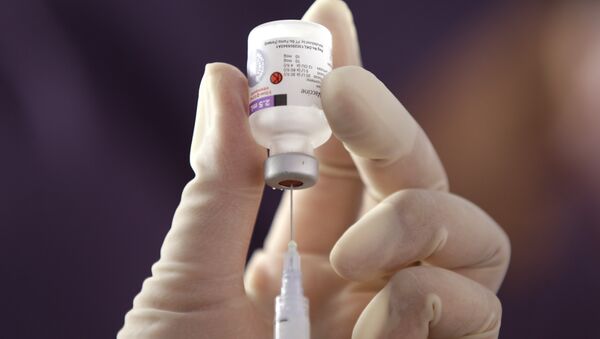The new vaccine can neuter the mind-altering effect of certain drugs for several weeks, reports Science Alert. The body's own immune system is trained to block addictive chemicals from entering the brain.
Heroin knows how to hit receptor molecules in the brain's neurons that induce a surge of euphoria, after which a person feels deep, unmatched tranquility. That is what drug addicts keep returning for. But, having been vaccinated, a person will feel literally nothing after a dose of heroin. Wouldn't it be way easier to break the drug-taking cycle?
The new method, which was developed by Kim Janda, a professor in the department of chemistry and immunology at Scripps, trains the immune system with a series of vaccination shots. The immune system learns to recognize molecular structures that resemble opioids. Therefore, it sends out antibodies, which prevent the drugs from crossing the blood-brain barrier and having any impact on the brain.
That is a breakthrough solution. Scientists had been trying to achieve a similar result since the 1970s, but their efforts were hampered by the size of the molecules that opioids consist of. These molecules are far too tiny for the body's immune system to identify, so it won’t stand against them.
The new vaccine will be timely for two reasons. Firstly, statistics say that drug problems are exacerbating. The number of heroin users in the US tripled between 2003 and 2014, with fatal overdoses having tripled in the past 15 years. Only in 2015 drug overdoses killed more than 50,000 Americans.
Nowadays drug addiction is frequently treated with drug substitution therapy that implies replacing heroin or fentanyl with less potent opioids like methadone. The substitute drug is less deadly: the risk of overdose is reduced, as it doesn’t bring the euphoria of heroin. However, such treatment is costly and requires daily injections. In addition, methadone and its analogues are still addictive.
In contrast, creating vaccines is very inexpensive, while its concept is game-changing. Of course, vaccination itself wouldn't make a person get off the needle. But, provided that a patient is eager to recover, it can become a valuable tool for overcoming addiction.


